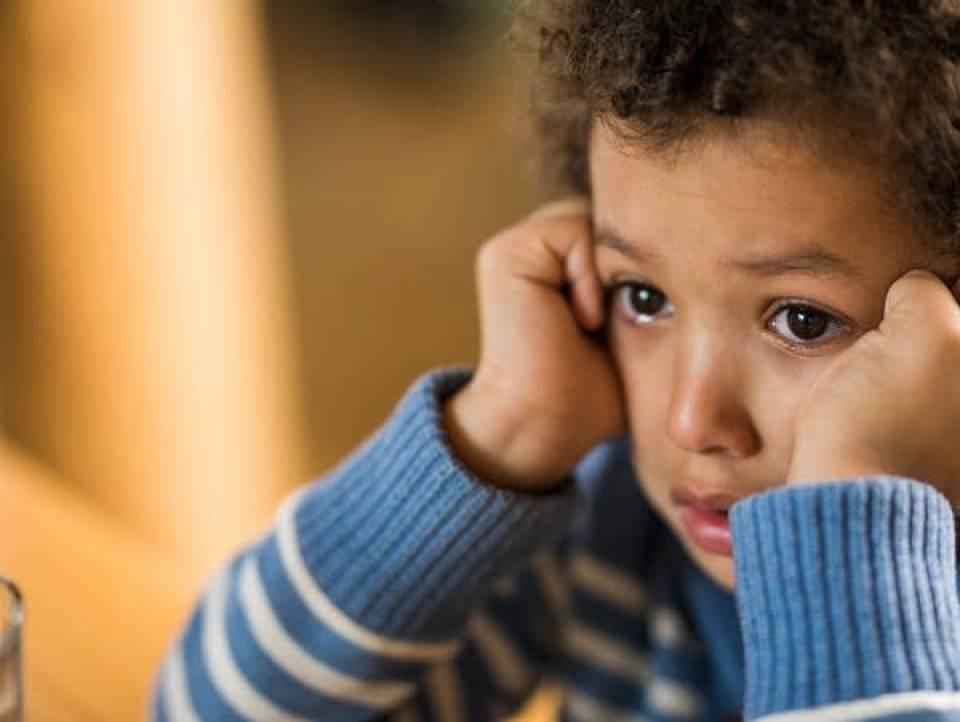Death is the only certainty shared by all human beings. Nevertheless, society tends to shy away from the topic. It is curious that death is used to refer to certain states, such as “freezing to death” or “dying to do something”, yet it is not used when someone has died. Instead, we say they’ve “passed away”.
Children have an innate curiosity towards death: it forms part of play from a young age, and they often include it in their stories and fantasies. It is estimated that by the time a child reaches 18 years of age, they have witnessed around 18,000 deaths in stories, films, video games, etc.
Families try to protect their children from potential pain or suffering. For this reason, they end up giving incorrect explanations about death, or not talking about it at all. Not dealing with the matter means that children experience these concerns alone, without being able to share their feelings and, furthermore, it makes it difficult for them to acquire the emotional tools necessary to be able to face future experiences with death. When children don’t receive an explanation of something they want to know about, they tend to invent their own theories, because not having an explanation is a source of distress. What they invent depends on their age and emotional maturity but, sometimes, it can be worse than reality.
In order to understand death, all children need to understand some key concepts: death is irreversible, it is universal, it is inevitable and, when someone dies, their bodily functions cease. They may not understand some of these concepts when they are very young, but they will in the future. In fact, there have been detailed studies into what they understand at each age.
Up to the age of two, babies recognise the absence of the deceased person if it is an important person, such as their mother or father, and they will display distress and changes in their feeding and sleeping habits. The recommendation is to keep their routines, schedules and spaces stable, just as they were before the loss, because this will give them a sense of security.
In the case of children aged two to five years, they still understand death as something temporary, reversible and due to external causes. At this age, thought is concrete and literal and, as such, we must be cautious with euphemisms such as “gone to sleep” or “gone to Heaven”, because they will interpret them literally. Is is common for them to ask many specific and repetitive questions, and it is important to answer them honestly.
When children are aged six to ten years, they can start to understand death as an irreversible and universal fact. As such, they may start to fear it, as they understand that it can also happen to them. They may experience feelings of guilt, and the questions they ask are more complex, for example what happens to the body when someone dies. As such, this is a fundamental stage for explaining the death of a loved one, addressing the reasons that caused it and establishing a dialogue of trust so they can ask anything they want.
Pre-adolescents, between 11 and 13 years, already fully understand what death means, the reaction it causes in others and the meaning of funeral rites. At this age, it is important to emphasize soothing messages for them. For example, that although death causes pain, it is possible to carry on. It is very important to share feelings and talk to them about previous experiences of grief.
Finally, adolescents from 13 years of age, are fully aware of what death is, and may form both biological and philosophical explanations. Likewise, they have full understanding of their own death, and may think about it with varying degrees of anguish. At this age, they tend to need to give their opinion and present their theories about death. It is important to talk to them about how this loss will affect them, and it is very important that you ask their opinion on ways of saying goodbye, and how they want to participate.
Ultimately, the reaction of a child or adolescent when a loved one dies will depend on many factors, such as their relationship with the deceased, how their family experiences this loss, their age and their emotional maturity, as well as their temperament. But whatever the situation, the recommendation is to remain as open and honest as possible when dealing with death. In the case of older children, allow them to express themselves or participate in the funeral of their loved one if they wish.
Authors: Elena Font and Marta Sánchez, clinical psychologists at Hospital Clínic de Barcelona (EAPS Clínic).




